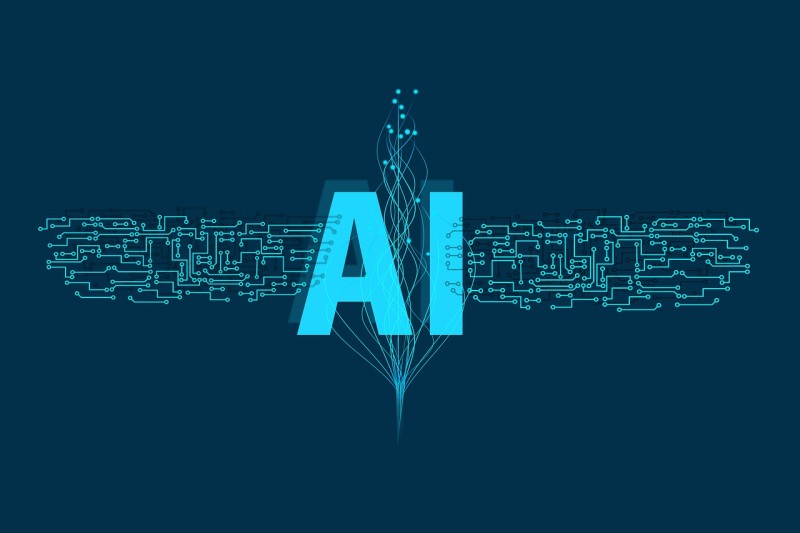We all know that Siri, Google Now, and Cortana are all intelligent digital personal assistants on various platforms (iOS, Android, and Windows Mobile). In short, they help find useful information when you ask for it is using your voice; you can say "Where's the nearest Indian restaurant?", "What's on my schedule today?", "Remind me to call Mom or Dad at eight o'clock," and the assistant will respond by finding information, relaying information from your phone, or sending commands to other apps.
AI is important in these apps, as they collect information on your requests and use that information to better recognize your speech and serve you results that are tailored to your preferences. Microsoft says that Cortana "continually learns about its user" and that it will eventually develop the ability to anticipate users' needs. Virtual personal assistants process a huge amount of data from a variety of sources to learn about users and be more effective in helping them organize and track their information.
Your smartphone, calculator, video games, car, bank & your house all use artificial intelligence daily; sometimes it's obvious what its' doing, like when you ask Siri to get you directions to the nearest gas station. Sometimes it's less obvious, like when you make an abnormal purchase on your credit card and don't get a fraud alert from your bank. AI is everywhere, and it's making a huge difference in our lives every day.
So, we can say that Artificial Intelligence (AI) is the branch of computer sciences that emphasizes the development of intelligence machines, thinking and working like humans. For example, speech recognition, problem-solving, learning and planning. Today, Artificial Intelligence is a very popular subject that is widely discussed in the technology and business circles. Many experts and industry analysts argue that AI or machine learning is the future - but if we look around, we are convinced that it's not the future - it is the present.
Yes, the technology is in its initial phase and more and more companies are investing resources in machine learning, indicating a robust growth in AI products and apps soon. Artificial intelligence or machine intelligence is the simulation of human intelligence processes by machines, especially computer systems. Do Guest Blogging for Artificial Intelligence write For Us category on our website Grass Desk. So that our audience or readers can get more knowledge about it.
What is the use of AI?
Vision systems. The need to interpret, fully understand and make sense of visual input on the computer, i.e. AI is used to try and interpret and understand an image - industrial, military use, satellite photo interpretation.
What is the purpose of AI?
When AI researchers first began to aim for the goal of artificial intelligence, a main interest was human reasoning... The specific functions that are programmed to a computer may be able to account for many of the requirements that allow it to match human intelligence
What is an ASI artificial intelligence?
A superintelligence is a hypothetical agent that possesses intelligence far surpassing that of the brightest and most gifted human minds.
What is the goal of AI?
Colloquially, the term "artificial intelligence" is applied when a machine mimics "cognitive" functions that humans associate with other human minds, such as "learning" and "problem solving". General intelligence is among the field's long-term goals.
What are the different types of AI?
We need to overcome the boundaries that define the four different types of artificial intelligence, the barriers that separate machines from us - and us from them.

